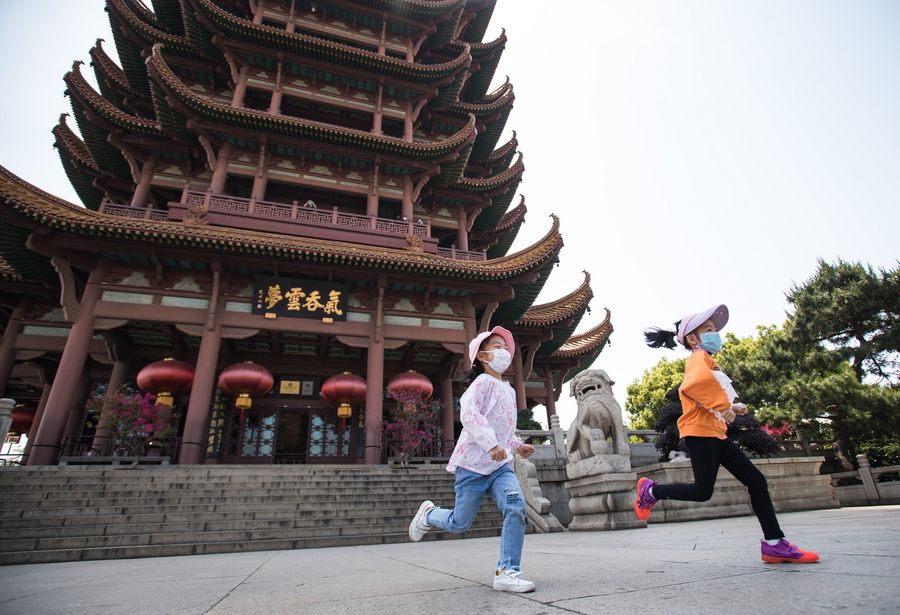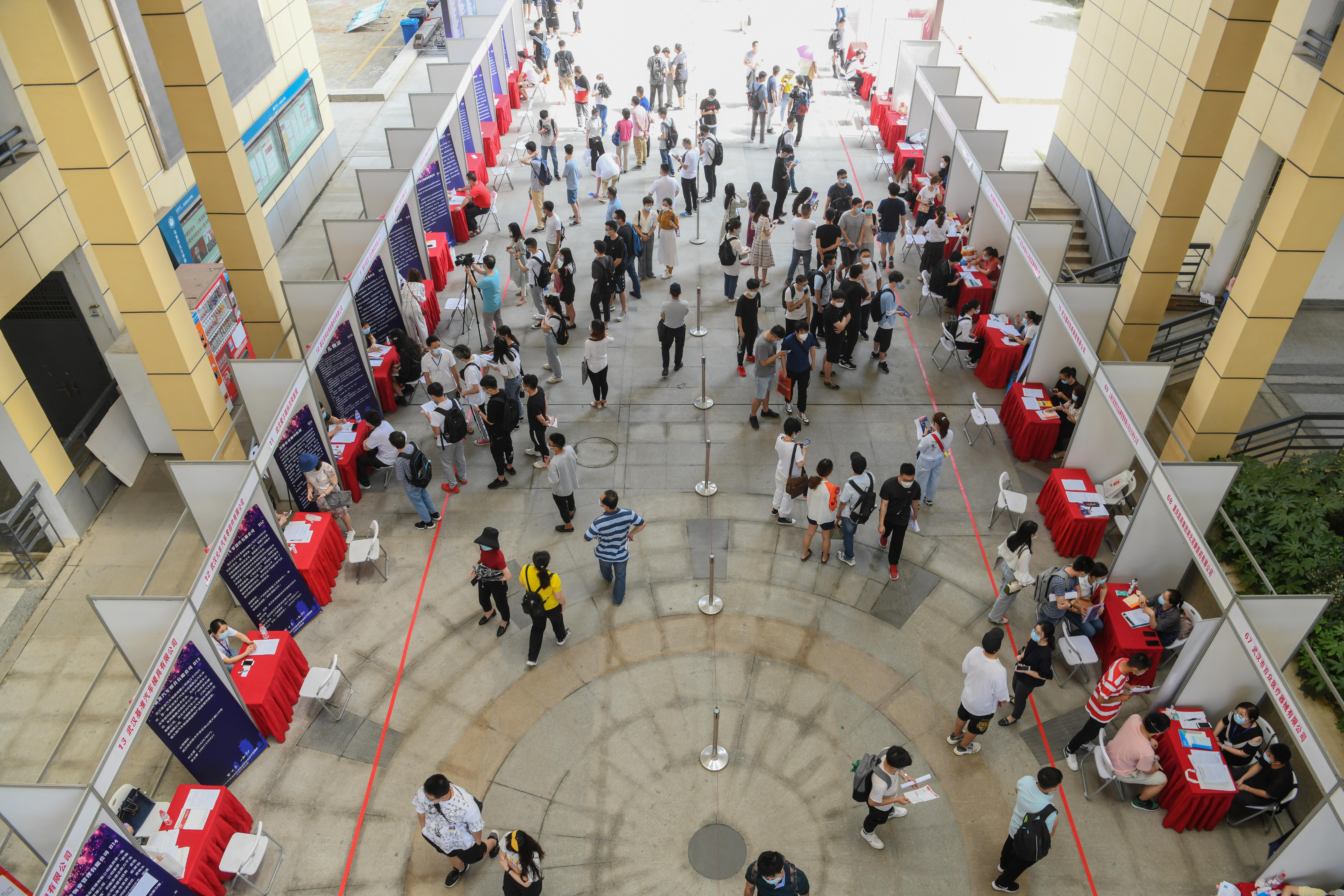A future based on solid foundations
- By George N. Tzogopoulos
 0 Comment(s)
0 Comment(s) Print
Print E-mail China.org.cn, June 4, 2020
E-mail China.org.cn, June 4, 2020

The first five months of 2020 have been extremely difficult and painful for almost the entire world. The nightmare scenario long envisaged by sci-fi writers seemed to have come true.
While the invisible enemy – COVID-19 – is yet to be eliminated via efficient medicines and a redemptive vaccine, the steps that have been made so far should not be ignored. China's experience in dealing with the problem is didactic.
News that almost 10 million tests were conducted in Wuhan, the city at the focus of the original outbreak and that no confirmed cases were uncovered along with only 300 asymptomatic patients found, generates some much-needed optimism.
The results of the Wuhan tests announced only a few days after the conclusion of the 2020 Two Sessions reflect the commitment of the Chinese government to act in a practical way in order to prevent a second wave attack by the virus.
This is in line with China's vision that all policies need to be anchored to public well-being. Public health cannot but be a priority. China has learned from the pandemic and is determined, as the recent report on the work of the government asserts, to reform the system for disease prevention and control as well as enhance treatment capacity.
An emerging economy such as that of China still faces significant challenges needing to be addressed. While patience is required, the key of success lies in government determination not only to implement already approved economic plans but also to adjust according to developments.
China's future is based on solid foundations established in tackling COVID-19.
As it is the case with the improvement of public health, economic recovery is an equally significant task. In a period during which outside observers are wondering why no predictions on the 2020 growth rate have been made, the government responds with a human-oriented philosophy that puts employment first.
One of the most interesting parts of the government work report relates to the number of students – 8.74 million – expected to be awarded their degree this year and looking for jobs. Because of the ongoing turmoil the government is creating employment services in coordination with colleges and local government agencies focused on specific projects.

The way the government treats young people is indicative of how China is working. If the most talented, dynamic and promising part of the society is disenchanted and disillusioned, the country will be the first loser.
Examples from other parts of the world are not encouraging. Southern European countries – in particular Italy, Spain, Portugal and Greece – did not manage to support young people in the years of economic crisis. It will take many more years for the wounds thus created to heal.
China, in contrast, counts on young people and does not want to see them led off onto a path different from that for which they have studied and dreamed.
The government prefers to adopt a selective and qualitative approach in relaunching the national economy. In parallel with the creation of jobs and the multifaceted support of potential employers, public money will not be spent immoderately.
The purpose of fiscal measures is not to reach an impressively high percentage of GDP but is to be driven by a tailor-made calculation of whatever the country needs to continue on the path of economic stability.
Among other things, the Chinese government systematically promotes startups that cultivate innovation, facilitates consumption of specific goods, for instance of automobiles, and embarks on a new type of urbanization.
The pandemic has impacted the national economy that suffered contraction in the first months of the year. Now, China is slowly returning to normalcy, and is endeavoring to prevent deviation from critical objectives – such as the alleviation of poverty – by boosting agricultural production and using new technologies.
Chinese citizens can be confident the worst of the pandemic is over and their country will emerge stronger.
George N. Tzogopoulos is a columnist with China.org.cn. For more information please visit:
http://www.china.org.cn/opinion/GeorgeNTzogopoulos.htm
Opinion articles reflect the views of their authors, not necessarily those of China.org.cn.
If you would like to contribute, please contact us at opinion@china.org.cn.






Go to Forum >>0 Comment(s)